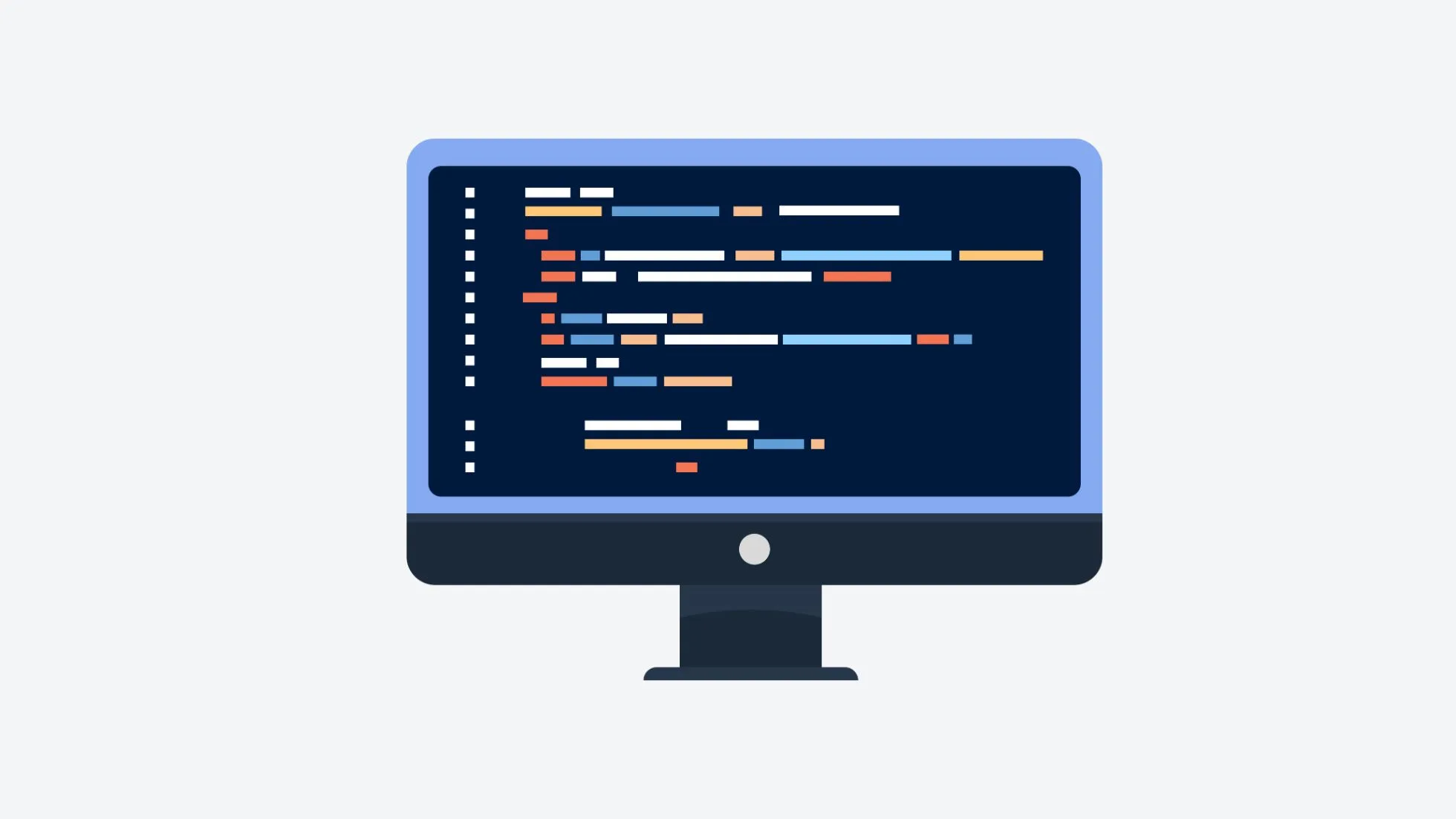Generators are an essential concept in Python that allow you to iterate over a large sequence of data without having to store the entire sequence in memory. They are particularly useful for working with large datasets or generating infinite sequences. In this guide, we’ll explore what generators are, how to create them, and how to use them in your Python code.
What are Generators?
Generators are iterators that enable you to iterate over a sequence of data lazily, meaning that the next value in the sequence is computed only when needed. This makes generators memory-efficient, especially when working with large datasets.
How to Create Generators
There are two main ways to define generators in Python:
Using Generator Functions
A generator function is a special type of function that contains one or more yield statements. When called, it returns a generator iterator, which can be used to iterate over the sequence of values produced by the yield statements.
Example:
def count_up_to(limit):
count = 1
while count <= limit:
yield count
count += 1
counter = count_up_to(5)
for number in counter:
print(number) # Prints numbers from 1 to 5Using Generator Expressions
Generator expressions are similar to list comprehensions but with parentheses instead of square brackets. They are a more concise way to create simple generators.
Example:
squares = (x**2 for x in range(10))
for square in squares:
print(square) # Prints squares of numbers from 0 to 9Controlling Execution Flow
Generators allow you to control the execution flow using the yield statement. You can pause and resume the execution of the generator as needed.
Example:
def fibonacci():
a, b = 0, 1
while True:
yield a
a, b = b, a + b
fibo = fibonacci()
for _, value in zip(range(5), fibo):
print(value) # Prints the first 5 Fibonacci numbersSummary
Generators are a powerful and memory-efficient way to handle large sequences in Python. By understanding how to create and use generators, you can write more efficient and cleaner code.
Whether you’re working with large data sets or simply want to generate a sequence of values on the fly, generators are a valuable tool to have in your Python toolkit.




